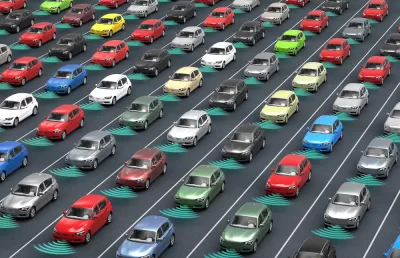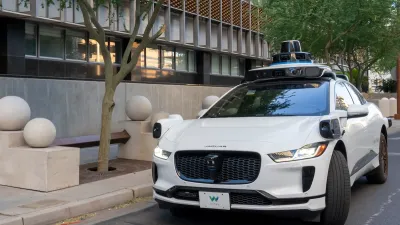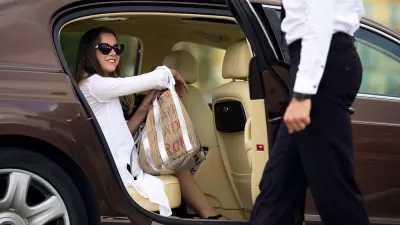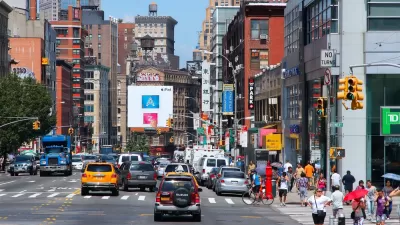It's not all free flowing commutes and world peace in an autonomous vehicle-filled future.

A new study published by the Union of Concerned Scientists points out the potential negative outcomes of self-driving car technology, and lists policies that could ensure benefits for more people.
The potential negative outcomes are pretty bad, however, including worsening congestion and increasing inequality.
Dan Robitzski shares news of the study in an article for futurism, and here's his summary of the potential negative outcomes of massive adoption of autonomous vehicle (AV) technology: "Ultimately, the research suggests that introducing autonomous vehicles to the area would increase traffic by 66 percent, and that the added congestion would likely benefit the wealthy and take opportunities away from low-income communities."
The report includes a number of recommendations that could help mitigate these potential negative outcomes, including pooling rides (potentially by fining single-passenger trips) and investing in public transit that can avoid the new congestion induced by AVs.
FULL STORY: Scientists Warn Self-Driving Cars Could Worsen Inequality

Americans May Be Stuck — But Why?
Americans are moving a lot less than they once did, and that is a problem. While Yoni Applebaum, in his highly-publicized article Stuck, gets the reasons badly wrong, it's still important to ask: why are we moving so much less than before?

Using Old Oil and Gas Wells for Green Energy Storage
Penn State researchers have found that repurposing abandoned oil and gas wells for geothermal-assisted compressed-air energy storage can boost efficiency, reduce environmental risks, and support clean energy and job transitions.

Placekeeping: Setting a New Precedent for City Planners
How a preservation-based approach to redevelopment and urban design can prevent displacement and honor legacy communities.

San Francisco’s Muni Ridership Grew in 2024
The system saw its highest ridership since before the Covid-19 pandemic, but faces a severe budget shortage in the coming year.

Colorado Lawmakers Move to Protect BRT Funding
In the face of potential federal funding cuts, CDOT leaders reasserted their commitment to planned bus rapid transit projects.

Safe Streets Funding in Jeopardy
The Trump administration is specifically targeting bike infrastructure and other road safety projects in its funding cuts.
Urban Design for Planners 1: Software Tools
This six-course series explores essential urban design concepts using open source software and equips planners with the tools they need to participate fully in the urban design process.
Planning for Universal Design
Learn the tools for implementing Universal Design in planning regulations.
Heyer Gruel & Associates PA
City of Moreno Valley
Institute for Housing and Urban Development Studies (IHS)
City of Grandview
Harvard GSD Executive Education
Salt Lake City
NYU Wagner Graduate School of Public Service
City of Cambridge, Maryland





























